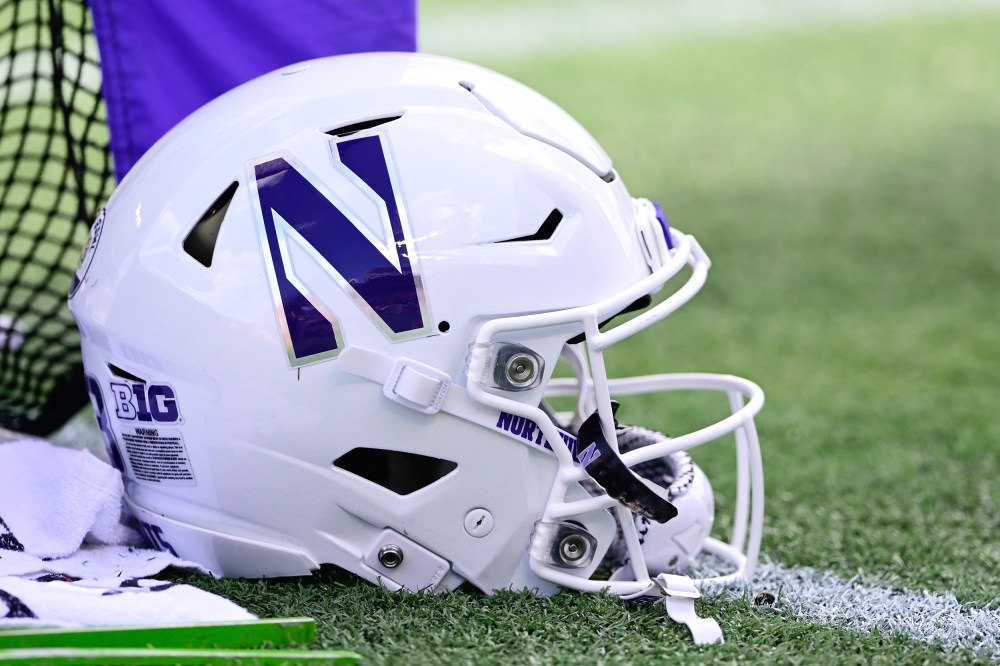Several former Northwestern University athletes on Wednesday alleged that a culture of hazing at the school fostered systemic discrimination, harassment and sexual abuse.
“No teammate I knew liked hazing,” Lloyd Yates, a former football player, said at a news conference. “We were all victims no matter what our role was at the time. But the culture was so strong that we felt we had to go with it to survive, to be respected, and to earn the trust within the football program.”
Flanked by three other former Northwestern football players, Yates, one of four members of his family to have attended the Chicago school, alleged that some coaches participated in the abusive hazing practices and said there was a “code of silence that felt insurmountable to break.”
The hazing was particularly hard for some nonwhite players, for whom a “football scholarship was their only ticket to a better life” and who “had so much at stake and had no voice or power to stop the abuse.”
According to Yates, “the graphic, sexually intense behavior was well known throughout the program. We were physically and emotionally beaten down and some players have contemplated suicide as a result.”
Yates, other former Northwestern athletes and their attorneys on Wednesday announced their intention to sue the university over the allegations. The news came one day after an anonymous former Northwestern football player filed a civil lawsuit over the alleged hazing at the school.
A Northwestern representative declined to comment to NBC News on Wednesday beyond a previous statement that insisted that the school is taking action against hazing.
“These steps, while necessary and appropriate, are just the start, and we will be augmenting them in the coming weeks,” the school said.
On July 7, Northwestern released findings from its investigation into a whistleblower’s November 2022 complaint alleging hazing within the school’s football program. The university said the whistleblower’s claims were largely substantiated, but “did not discover sufficient evidence to believe that coaching staff knew about the ongoing hazing conduct.” However, staff had “significant opportunities to discover and report the hazing conduct,” according to the report’s executive summary.
Northwestern initially suspended its head football coach, Pat Fitzgerald, for two weeks as a result of the investigation. He was fired on July 10 after the university’s student-led newspaper, The Daily Northwestern, published a report detailing an anonymous former football player’s allegations of abuse. The player had called the university-imposed sanctions against the football program “a slap on the wrist.”
Fitzgerald has denied any knowledge of hazing during his 17 seasons at the school.
The player detailed several alleged hazing incidents, confirmed by a second anonymous athlete, in The Daily Northwestern report that included:













